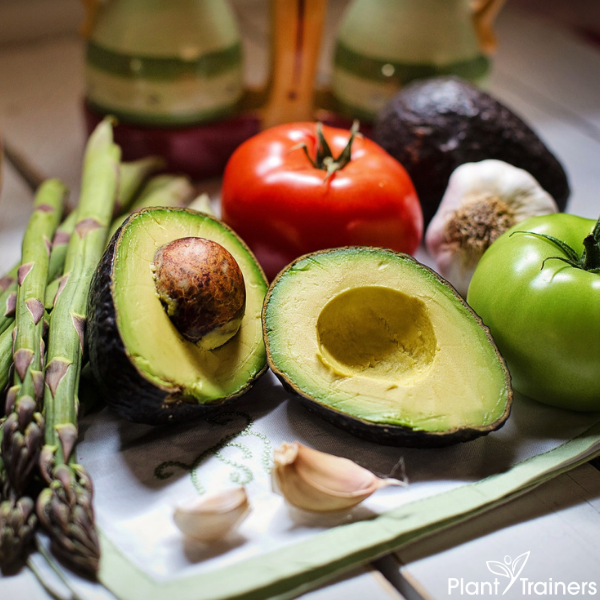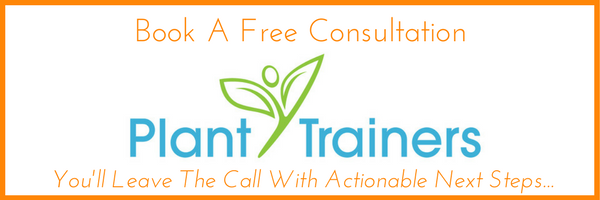
As focus builds on the connection between sustainability and a healthy lifestyle, plant-based diets are increasingly becoming a standard rather than a rarity. Vegetarians will eagerly tell you all the benefits of ditching meat from their diet, but they probably can’t advise you on how to give up the meat. That’s because many vegetarians today started their current diet at a young age. For someone who has depended on meat as a regular staple in their diet during most of their adult life, making the transition can be like letting go of nicotine or caffeine. However, it can be done. With the right motivation and a few simple tricks, you too will soon be singing the praises of a plant-based and sustainable diet.
You Have To Replace What You’re Losing
You can’t live better if you’re giving up important nutrients your body needs. When you give up meat you lose an important source of protein and iron. Because these nutrients are valuable and necessary to providing you energy, quitting meat and not replacing it can leave you feeling drained. Once you take the plunge into vegetarianism, replace your regular meat intake with alternative sources of protein and iron, which are plentiful in the plant kingdom.
Protein can be found in nearly everything you eat, but some foods have higher concentrations. Some protein-rich foods to include in your regular diet include nuts, dairy, beans, peas, and leafy green vegetables such as spinach. Many of these sources of protein also provide you with healthy doses of iron, as well as quinoa and red bell pepper.
Don’t Expect It To Happen Overnight
Make giving up meat a process. This means to start out slow. Sure, the sooner you indulge in a plant-based virus the sooner you will be embracing a lifestyle that prioritizes the health of yourself and the planet, but if you fail you won’t have provided many benefits to either. The best way to find success is to set goals for how you will slowly wean meat from your diet. You could start by giving up certain products at different stages, or you could decide to give up meat entirely during certain days or certain meals.
The important thing is that you don’t rush yourself. Only you know the plan that will work out to be acceptable for you.
Setting milestones ensures your success.
Make It Exciting
You can make anything fun when you add some adventure to it. This holds true for your diet. Find new recipes to experiment. Nearly every culture has vegetarian cuisine. Pull from Mediterranean and Asian cultures. Add different cooking techniques into the mix, such as wok cooking and brick-oven pizza. You can also use this opportunity to get friends and family involved. Introducing other people to the deliciousness of a sustainable diet benefits everyone.
Believe In Your Reasons
Finally, you have to believe in why you’re making this adjustment in your life. If you don’t fully understand why you’re giving up meat, you won’t be able to succeed. Read and learn about how raising livestock for food impacts the environment. Also, weigh the pros and cons of a plant-based diet for your own health. If you find yourself wavering, look back on your own research to help push you past the difficult phase of transition.
Changing your diet isn’t a fad or a trend. It doesn’t just work until the next new thing comes along. Plant-based diets have been around for centuries and they will continue to be here. Vegetarianism is a way of life that you are adopting with the expectation that it will improve your health and the environment. Take your time and approach it with the right information and you’ll do just fine.
-
Pingback: Reclaiming My Health With Miranda Haes - PTP 422







